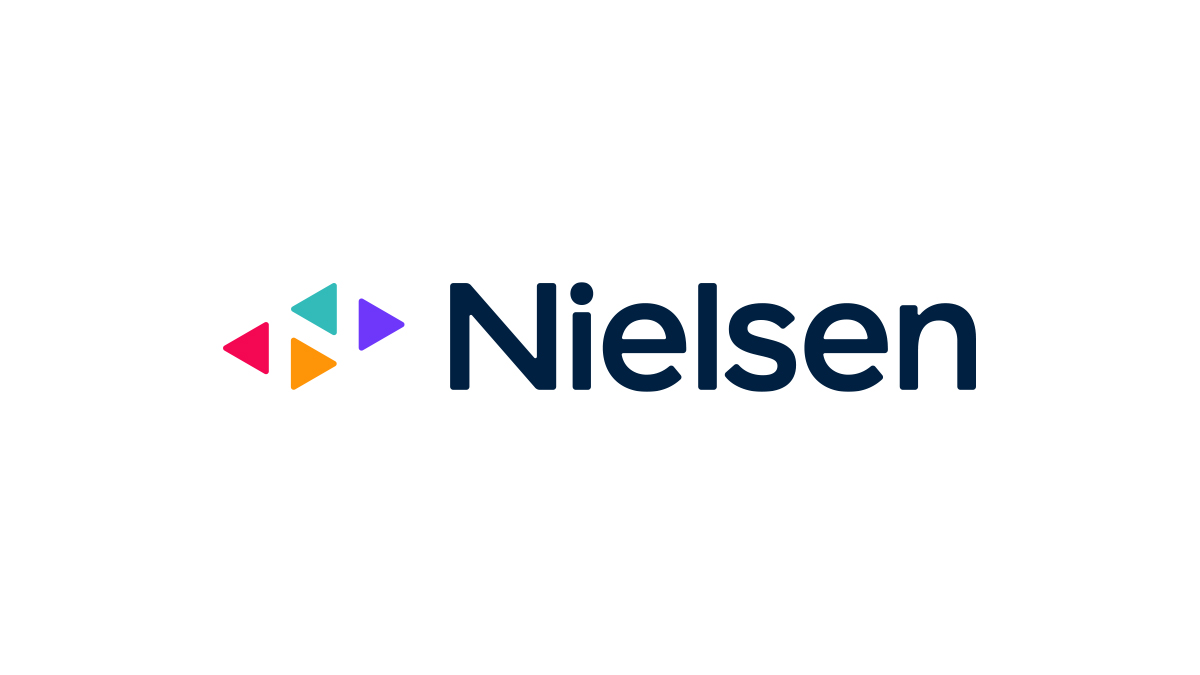I realize that B.I.N. has several major corporations sponsoring it, in a manner similar to public TV or radio. But it appears that very few people listen to this news and features service, at least over the air. In many if not most markets it is in, B.I.N. is near the very bottom of the ratings list, with cumes of just a few thousand.
If the ratings do not improve, is it likely that even sponsors with the best of intentions will decide to put their money elsewhere, since there is such a tiny audience?
If the ratings do not improve, is it likely that even sponsors with the best of intentions will decide to put their money elsewhere, since there is such a tiny audience?


